Who killed the daughter of 'Putin's brain'?
The sharpest opinions on the debate from around the web

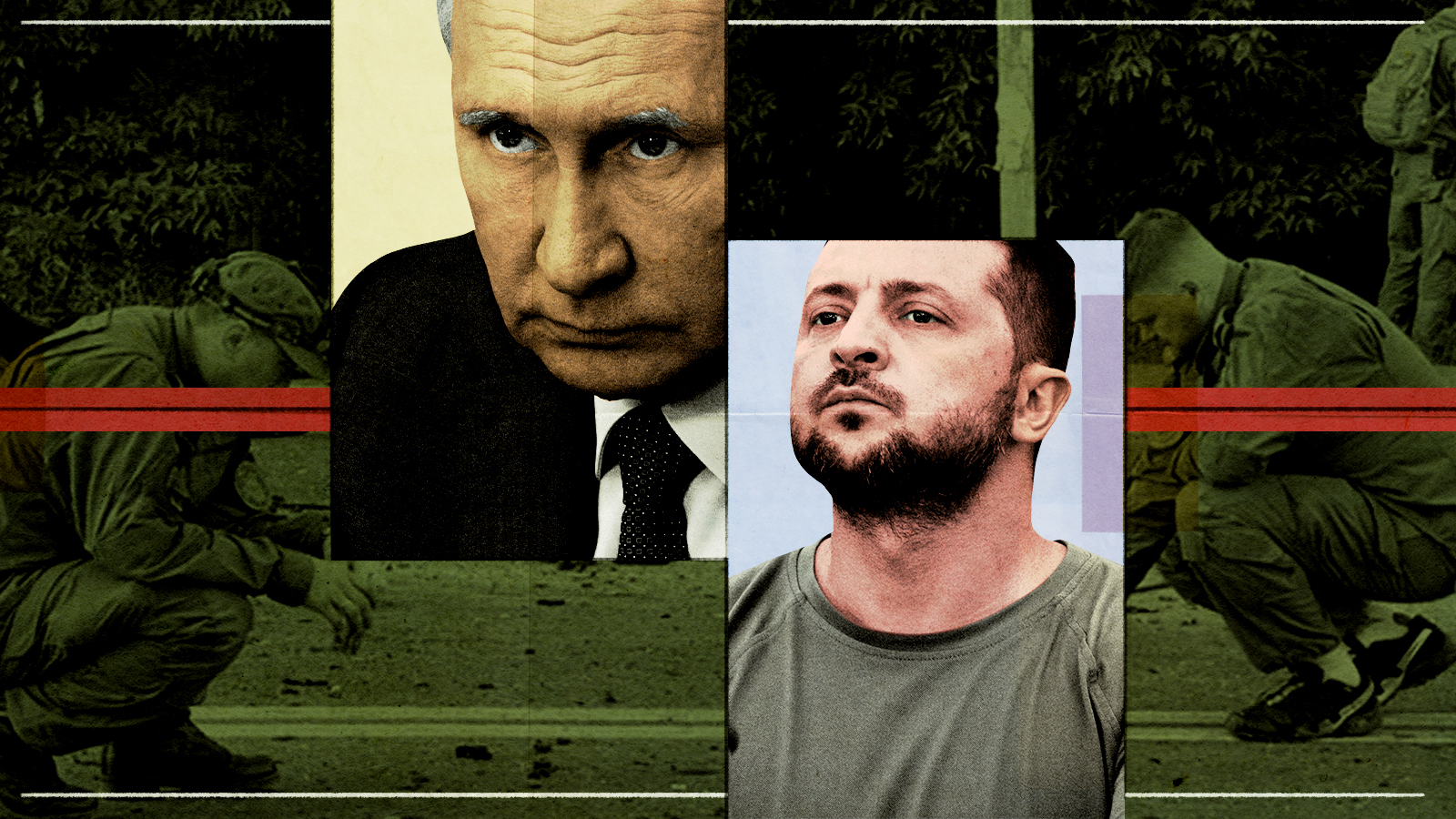
A free daily email with the biggest news stories of the day – and the best features from TheWeek.com
You are now subscribed
Your newsletter sign-up was successful
An explosion Saturday night killed Darya Dugina as she was driving back to Moscow from a festival she attended with her father, influential Russian nationalist political theorist Alexander Dugin. Dugina was reportedly driving her father's SUV, and witnesses said Dugin was supposed to drive back with her until he decided to switch vehicles at the last minute.

Dugina, 29, was a pro-Kremlin political commentator, vocal supporter of Russia's Ukraine invasion, and editor of an English-language disinformation site. But her father, who started pushing for Russian expansion into Ukraine in the late 1990s, is thought to be so fundamental to Russian President Vladimir Putin's worldview he is sometimes called "Putin's brain." There is widespread speculation that Dugin, not his daughter, was the target of the brazen attack.
Russia is investigating the explosion as a "murder for hire." But it isn't clear yet who planted the car bomb or why — and that could matter, if the killing becomes a flash point in Russia's war on Ukraine. Here are some theories on who killed Darya Dugina.
The Week
Escape your echo chamber. Get the facts behind the news, plus analysis from multiple perspectives.

Sign up for The Week's Free Newsletters
From our morning news briefing to a weekly Good News Newsletter, get the best of The Week delivered directly to your inbox.
From our morning news briefing to a weekly Good News Newsletter, get the best of The Week delivered directly to your inbox.
Blame Ukraine
Some Kremlin loyalists immediately pinned the blame on Ukraine, which has recently started striking into Russian-controlled territory, and maybe even Russia itself. Denis Pushilin, head of the breakaway Donetsk People's Republic, quickly blamed the explosion on "terrorists of the Ukrainian regime, trying to kill Alexander Dugin."
Russian political analyst Abbas Gallyamov, a former Putin speechwriter, said the attack was "an act of intimidation." For Kremlin loyalists and supporters of its Ukraine invasion, "this is a symbolic act, demonstrating that hostilities have been confidently transferred to the territory of Russia, which means that this is no longer an abstract war that you watch on TV," he said. "This is already happening in Russia. Not only Crimea is being bombed, but terrorist attacks are already being carried out in the Moscow region."
This smells like an inside job
Ukraine strongly denies involvement in the attack, and while it's possible Ukraine or its allies pulled off a "sophisticated bombing deep inside Russia to eliminate a purveyor of Kremlin disinformation motivating Russians to support invasion of Ukraine," that doesn't really make much sense, U.S. national security researcher Clint Watts argues. "Ukraine has been very good about selecting targets of military significance" inside Russia and occupied Crimea, and not only is Dugin not such a target, killing him is actually more likely to "galvanize support for war" among the "most zealous" Russians.
The idea that Ukraine is behind Dugina's murder is "inane and inconceivable," and whoever is behind the attack, "the origin is obviously internal, not external," French national security expert Nicolas Tenzer wrote on Twitter. Was this an act of "real opposition to Putin that targeted one of his influencers," or "provocation to justify new actions even more (if possible) deadly against Ukraine and the Ukrainian people?" Either way, he added, it's hard to imagine some element of the Russian security services weren't involved.
A free daily email with the biggest news stories of the day – and the best features from TheWeek.com
It does seem more likely "Putin tried to kill off Dugin," maybe because the Ukraine war is going poorly for Moscow and Dugin was one of the pro-war "trolls and propagandists" who were starting to point that out, Watts agrees. Besides, "who has history of killing off dissenters in Moscow with targeted assassinations"? Not Kyiv.
Dugin and other pro-Kremlin war bloggers and nationalists have been publicly pushing Putin to throw even more weapons and troops at Ukraine, and "the calls for vengeance on Sunday underscored how the most fervent supporters of the invasion of Ukraine could become inconvenient allies for the Kremlin, especially if the Russian leader chooses not to escalate the war," The New York Times reports.
"For the Kremlin, any ideologized people can be both useful and dangerous," Marat Guelman, a Russian political expert and early Putin adviser, tells the Times. "Right now, they are useful. But soon, they will become dangerous."
Whoever did it, the message is clear: fear
If U.S. intelligence agencies have a culprit in mind, they haven't shared it with Congress, House Intelligence Committee chair Adam Schiff (D-Calif.) told CNN on Sunday. "I couldn't say who was behind it," he said. "There are so many factions and internecine warfare within Russian society, within the Russian government, anything is possible." At the same time, he added, "I certainly would never want to see anything like an attack on civilians by Ukraine and hope that their representations are correct."
Whoever set those explosives, they appear to want to weaponize fear for their own reasons. "While assassination attempts against Kremlin critics have been common," high-profile Putin supporters are rarely targeted, the Times notes. And this "attack was particularly brazen because the blast occurred close to the glittering suburb of Rublyovka, home to the sprawling villas of Russia's ruling class."
"Rublyovka is shivering," pro-Kremlin political analyst Sergei Markov wrote on Telegram. "This act of terror is a message for them: Be afraid, you could be next." The explosion took place in "the very underbelly of Putinism," Leonid Volkov, a close ally of jailed Russian opposition leader Alexei Navalny, agreed on social media. "The night explosion scares very, very many real ideologues of war."
If the goal was to scare critical Russian nationalists back into line on the Ukraine war, it may backfire in the long run, BBC Moscow's Will Vernon writes. "Kremlin propaganda consistently stresses how Vladimir Putin has brought security and stability in Russia following the turbulent 1990s, when car bombs and assassinations were commonplace. This car bomb in the Russian capital undermines that narrative."
Peter has worked as a news and culture writer and editor at The Week since the site's launch in 2008. He covers politics, world affairs, religion and cultural currents. His journalism career began as a copy editor at a financial newswire and has included editorial positions at The New York Times Magazine, Facts on File, and Oregon State University.
-
 Samurai: a ‘blockbuster’ display of Japanese heritage
Samurai: a ‘blockbuster’ display of Japanese heritageThe Week Recommends British Museum show offers a ‘scintillating journey’ through ‘a world of gore, power and artistic beauty’
-
 BMW iX3: a ‘revolution’ for the German car brand
BMW iX3: a ‘revolution’ for the German car brandThe Week Recommends The electric SUV promises a ‘great balance between ride comfort and driving fun’
-
 Munich Security Conference: a showdown between Europe and Trump?
Munich Security Conference: a showdown between Europe and Trump?Today’s Big Question Report suggests European leaders believe they can no longer rely on the US for military support – but decoupling is easier said than done
-
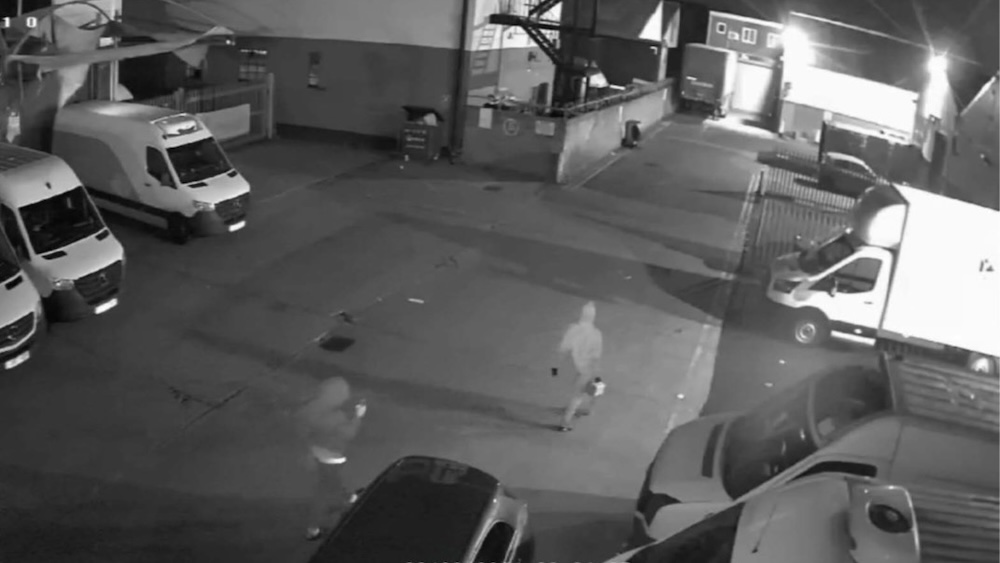 How did the Wagner Group recruit young British men for arson attack?
How did the Wagner Group recruit young British men for arson attack?Today's Big Question Russian operatives have been using encrypted messaging apps to groom saboteurs across Europe
-
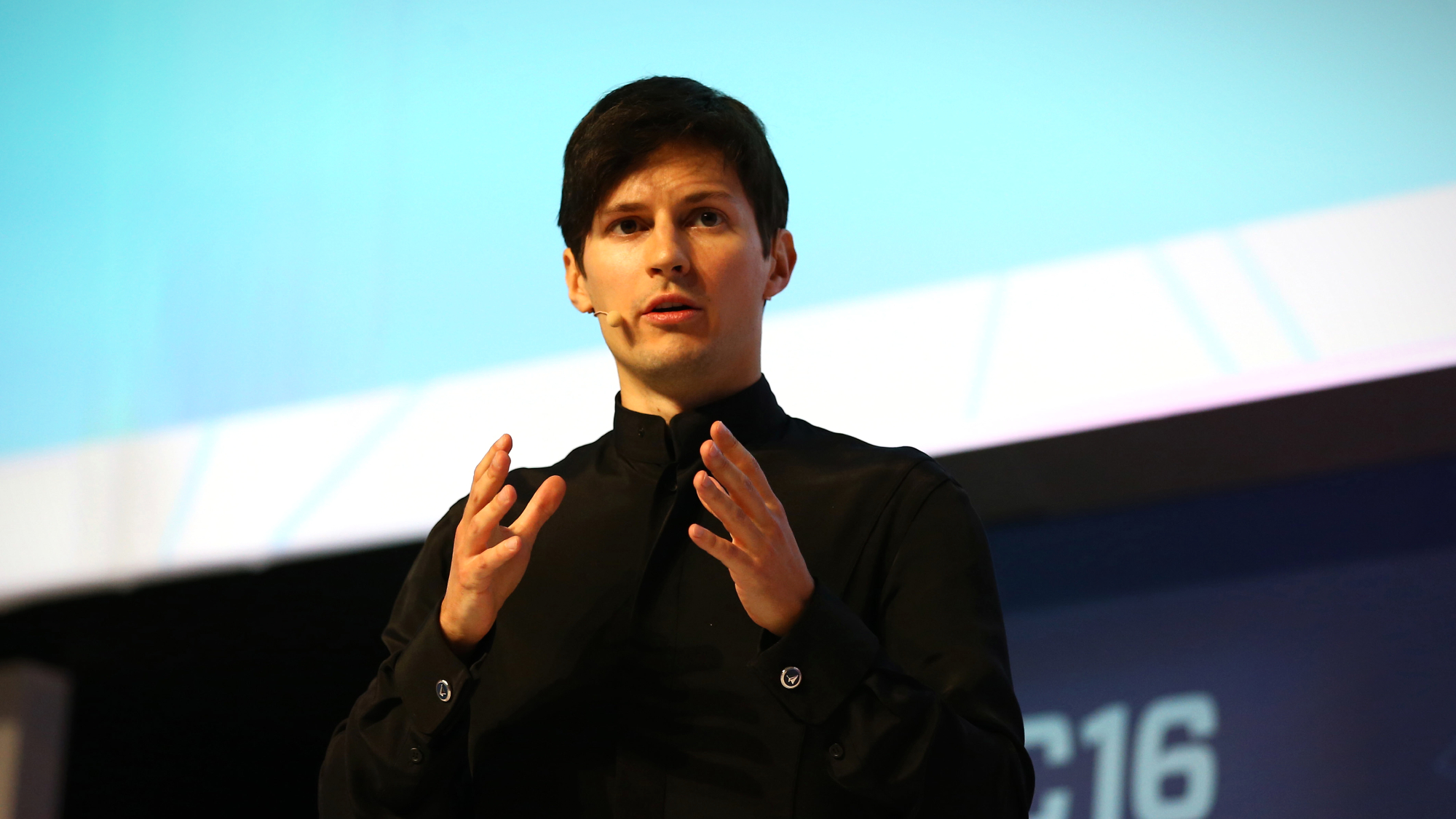 France arrests CEO of Telegram
France arrests CEO of TelegramSpeed Read Pavel Durov, the billionaire founder of the messaging app Telegram, was arrested as part of an ongoing judicial investigation
-
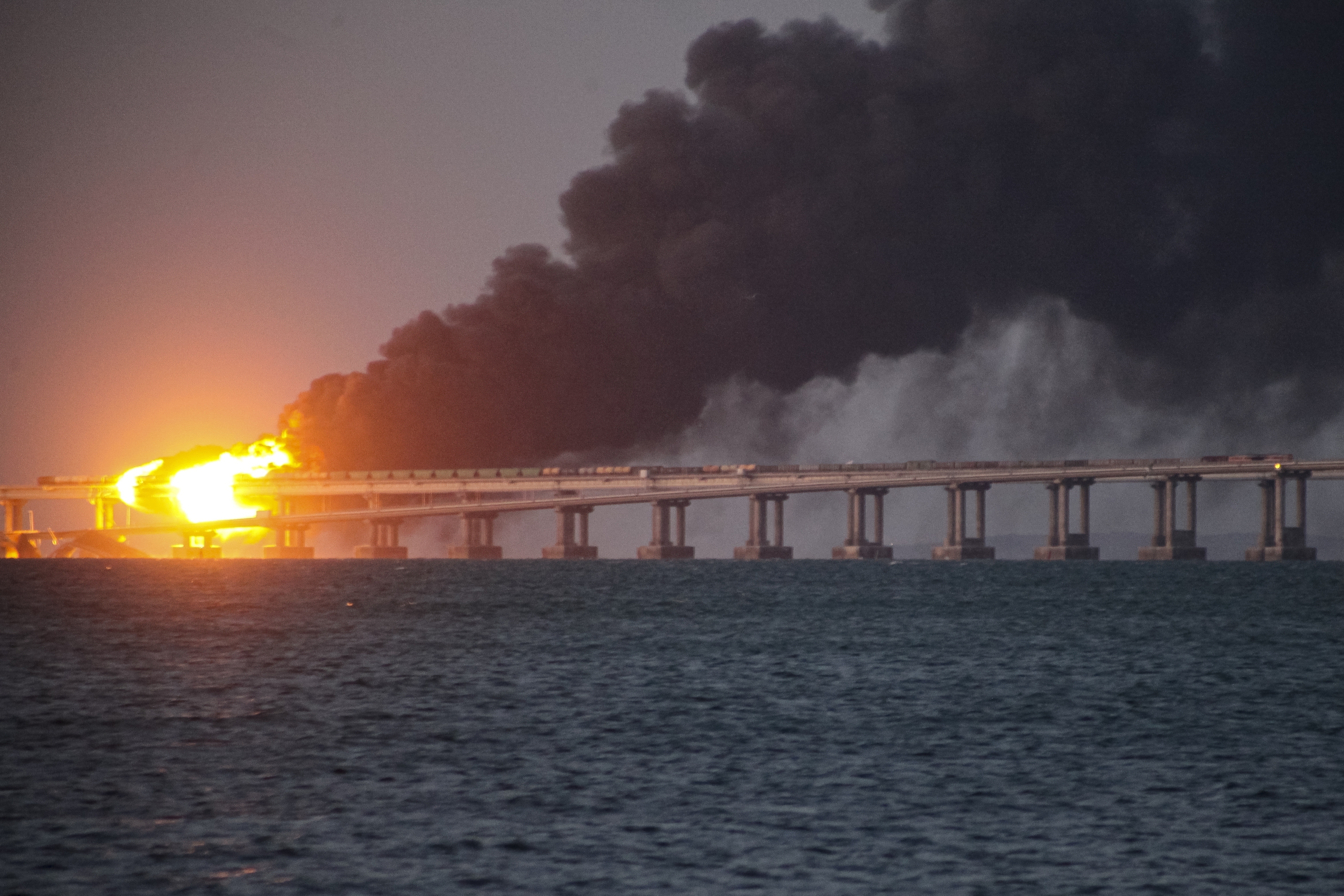 Russia says it has arrested 8 people over Crimea bridge blast
Russia says it has arrested 8 people over Crimea bridge blastSpeed Read
-
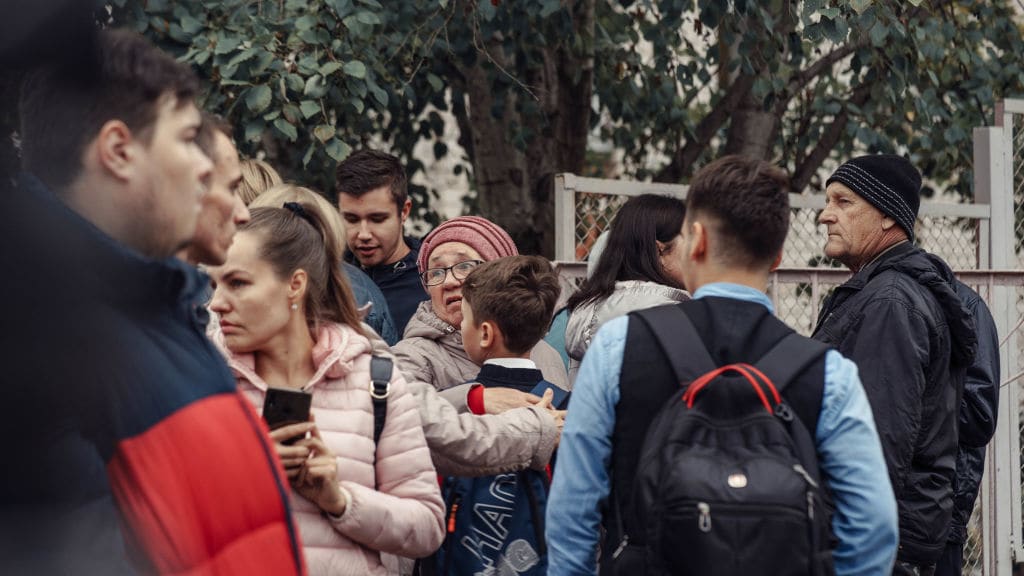 17 killed, dozens wounded in school shooting in Russia
17 killed, dozens wounded in school shooting in RussiaSpeed Read
-
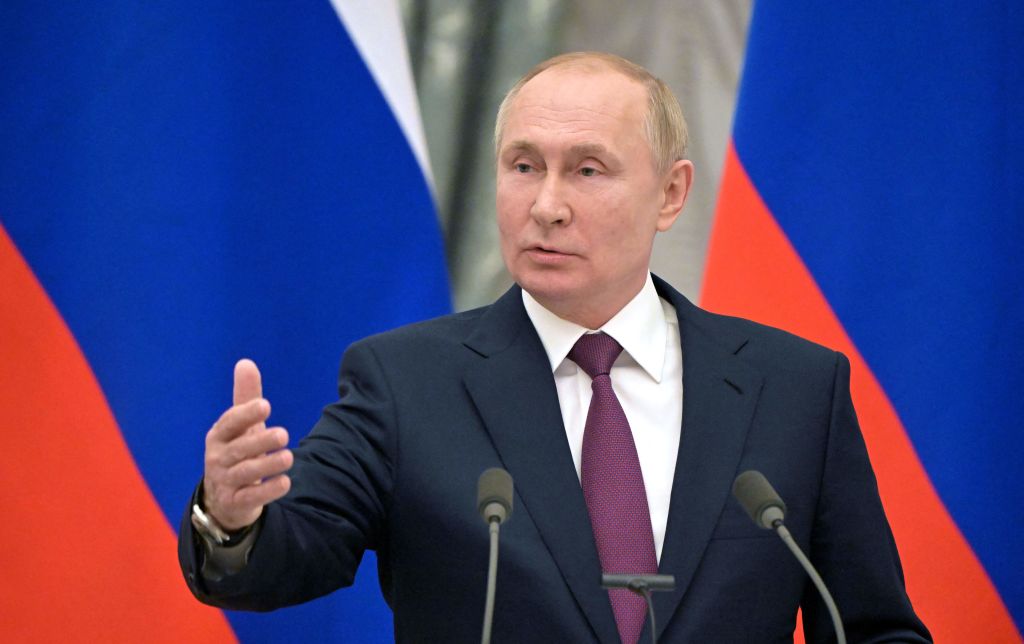 Russia has lists of prominent Ukrainian figures to arrest or kill should Moscow invade, U.S. officials say
Russia has lists of prominent Ukrainian figures to arrest or kill should Moscow invade, U.S. officials saySpeed Read
